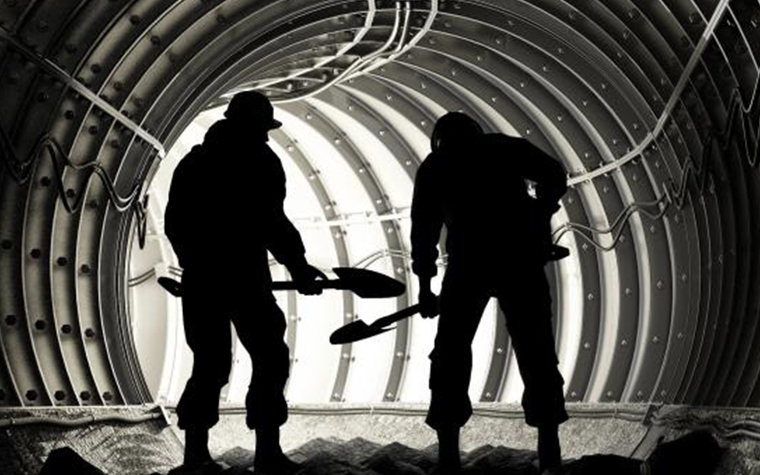

Crushed waste glass re-use in tunnel shotcrete production
October 14, 2021 @ 5:00 pm AEDT
To attend in-person register via the Engineers Australia registration link, or join the webinar here.
Join the Queensland Branch of the Australian Tunnelling Society for a presentation by Dr Mehdi Serati. He will provide an update on the latest results from his industry-sponsored project using crushed waste glass (CWG) to replace sand in shotcrete used to support tunnels and underground spaces.
Abstract: According to the International Tunnelling Society, the global demand for underground constructions will boom in the coming years, with around $42 billion of investment in the tunnelling sector in Australia alone. This trend can be seen already by nine out of 12 current state and federal government infrastructures related to underground road and rail tunnelling projects in Australia. With such an increased demand for tunnelling, shotcrete has also received increased attention for ground support in tunnels and mines. For example, in 2018 800,000 m3 of shotcrete was used in Australia with 500,000 m3 used in underground constructions, and 300,000 m3 in civil basements, swimming pools and embankments.
Shotcrete (or sprayed concrete) is concrete in nature that needs to be pneumatically projected onto the target surface from a nozzle at a high (typically 20-30 m/s of impact) velocity to generate a dense homogeneous mass. But, unlike conventional concrete, shotcrete mixes are rich in sand and require an increased binder content to coat the surface. Shotcrete industries have therefore suffered from a significant rise in the overall cost in recent years, mainly due to steep hikes in the price of sand. This can be attributed to the widespread use of sand in today’s industries that has made it the second-most consumed resource on earth after fresh water. Recycling local wastes to replace the rapidly reducing natural and quarried sand is therefore becoming of urgent interest in Australia and worldwide in the construction and tunnelling sectors.
This presentation will summarise the results of a recent trial project at UQ Civil, supported by GCP Applied Technologies and Aurecon, on the applicability assessment of crushed waste glass re-use in shotcrete production.
Guest speaker
Dr Mehdi SeratiBSc MSc PhD (Geotechnical Engineering) MAusIMM
Assistant Professor (Lecturer)
Deputy Manager, Large Open Pit Project
Dr Mehdi Serati completed his PhD at The Commonwealth Scientific and Industrial Research Organisation (CSIRO) through The University of Queensland (UQ) in Brisbane, Australia in Rock Mechanics and Rock Fracture Mechanics. His main research interests include the design and setup of advanced experiments with diverse engineering materials including pavements, brittle composites, ceramics, hard rocks, and superbly hard diamond composites. Dr Mehdi is a Lecturer at UQ Civil and Deputy Manage of the Large Open Pit Project (LOP). His areas of work are analytical methods and computational modelling of geotechnical problems, materials testing, rock mechanics and rock fracture mechanics.

